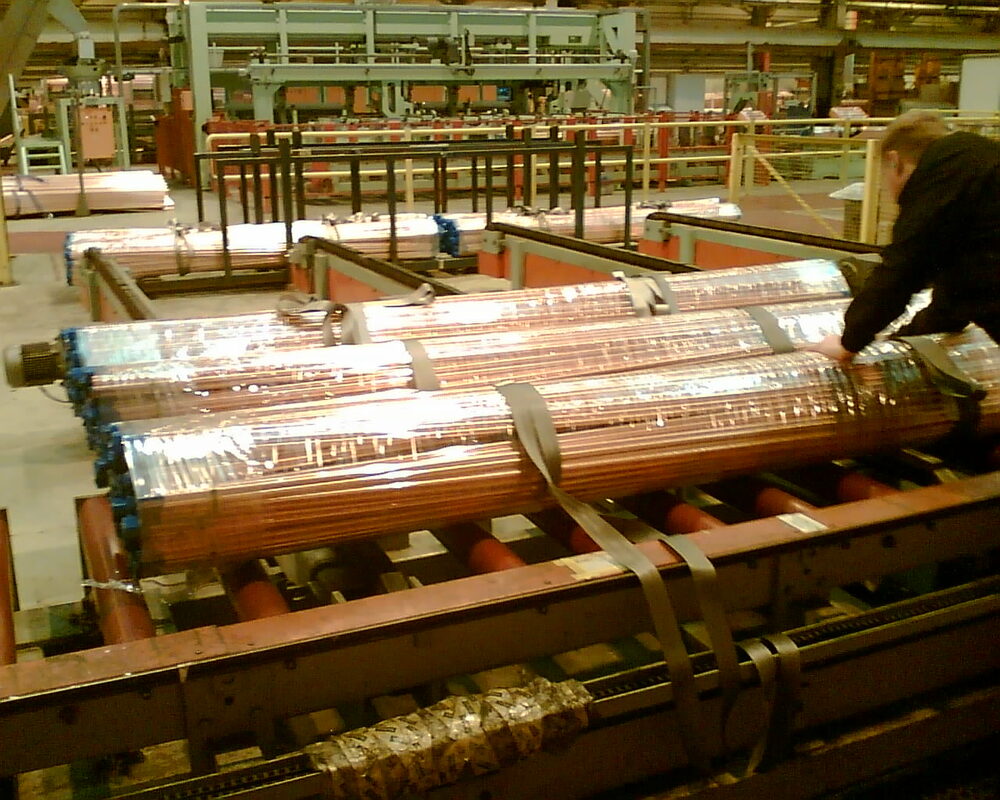|
Technology Packaging with it’s TechCorro™ range of Temporary Corrosion Protection (TCP) products provides corrosion protection for components and items that are in transit or storage for anything from 10 minutes to 10 years or longer. The word ‘Temporary’ in this case simply means that the systems used are not ‘permanent’ such as paint and can easily be removed. Sometimes a form of Permanent Corrosion Protection (PCP) is required and below we explain a few possibilities.
Whether on cars, tools, or equipment, rust is something nobody wants to deal with. It’s messy, it breaks equipment down over time and, too often, it means hours scrubbing with a wire brush. The best way to deal with rust is to not let it get a foothold in the first place. Knowing how to stop rust can save you a lot of time and money in ruined equipment. TechCorro™ products provide many industries with TCP items to ensure that when the component arrives at its destination it is in pristine condition and ready to be used without any time wasting. Read on to see what you can do for some more permanent systems. Permanent Corrosion Protection Polymer Topcoat One great option for protecting your materials from rust is to use a polymer topcoat. These sealants act as a shield between the metal and the oxidizing elements in the air. They are incredibly durable and can last as long as the material would anyhow. Some polymer topcoats can withstand as much as 280 degrees Centigrade. It’s true that these treatments can be expensive, a few hundred pounds or more to coat your materials but compared to the cost of replacing rusted parts, this option well pay for itself. Anodic Protection You can also use anodic protection to keep your components from rusting. This is a similar concept to polymer topcoats in that they rely on a protective layer being laid over your metal materials. In this case, the coating is other metals, not polymers. Metals like aluminium and tin don’t oxidize as fast when exposed to air and water and so won’t rust. You can coat your materials in one of these metals and never have to worry about rust again. This can give you the sturdiness of steel without having to deal with cleaning up rust all the time. Corrosion-Resistant Metals Depending on your application, you may be able to use corrosion-resistant materials. As we mentioned, tin and aluminium don’t rust, and aluminium has its own advantages. In the case of aluminium in particular, it’s much lighter than many other metals, which can make it more fuel-efficient and easier to move. Zinc and stainless steel are other options for corrosion-resistant materials to go for instead. Your choice will depend largely on the requirements for your application. Learn How to Stop Rust No one enjoys fighting rust, and in some cases, it can get dangerous but knowing how to stop rust can save you a lot of time scrubbing down rusty parts and money buying new ones. Take a look at what your application requires and find the rust prevention technique that works best for you. If you’d like to learn more about corrosion protection, check out the rest of our site. We can help you improve your corrosion protection and protective packaging technology to save your business as much money as possible. Check out our VCI Packaging Products for Corrosion Protection and other TechCorro™ items such as Barrier Foil Laminates to find the right temporary corrosion protection for you.
0 Comments
Your comment will be posted after it is approved.
Leave a Reply. |
Archives
March 2021
Categories
All
|
Copyright 2018 by Technology Packaging Ltd Privacy Statement & Cookies | Terms Of Use



 RSS Feed
RSS Feed